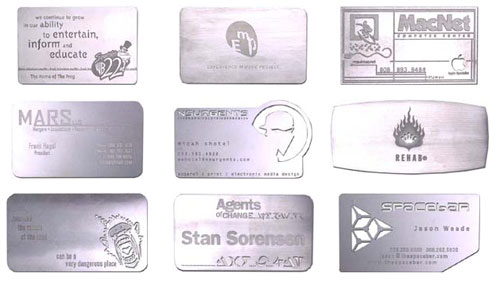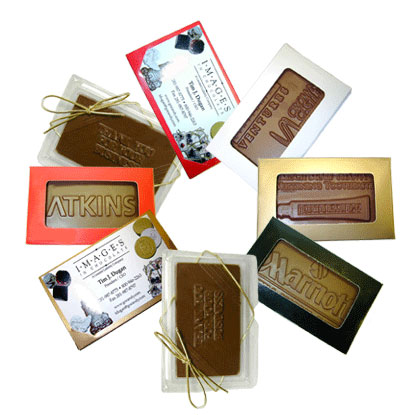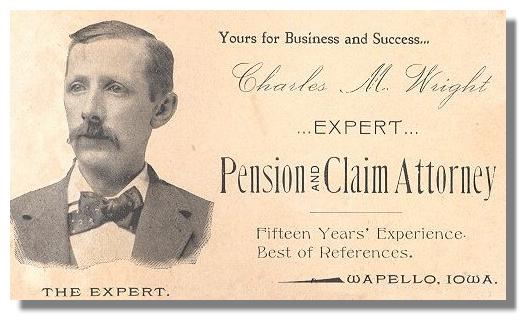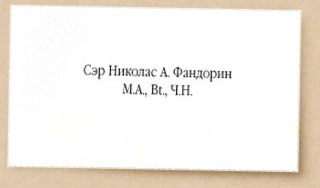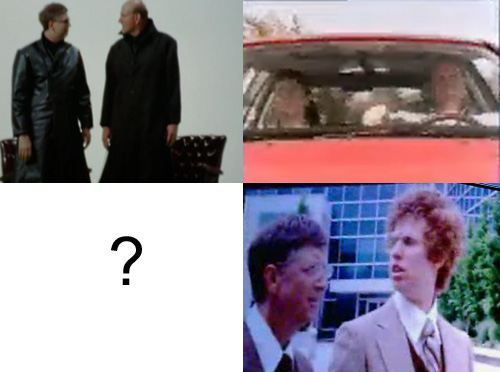I hope one thing from the future will become popular in 2009: cognitive filtering. If the Internet was Dr. Dorian from the hit tv show “Scrubs”, I would be Dr. Cox with his list of things he cares very little about.
I got this idea from a science fiction book. In John C. Wright’s Golden Age Trilogy the singularity happened and people can upgrade and back up their wetware in any way they can afford. They still had the same problem that Henry Kuttner described in his short story “Year Day” – an overbearing amount of very innovative ads that masquerade as information and other spam. The trick in Golden Age was cognitive filtering: configurable software that removed any manifestations of anything an owner considered unpleasant: ads, sounds, pictures, symbols, and even people.
I like Twitter, and I like Robert Scoble. But I am tired of Robert’s relentless posts about friendfeed (sometimes I’m not even sure if he works with me at Fast Company or at friendfeed). Filtering this out would not be too hard – I could just ignore any post that has “friendfeed” in it. In fact, a Bayesian filter for Google reader, Facebook, and Twitter after a bit of training could do this automatically: I’d just flag posts that annoy me and the filter would analyze the words in the post, figure out which ones occur together more frequently in the posts that annoy me and hide future annoying posts based on that.
To take this a bit further, I would also like a Bayesian filter that would find me good posts from the firehydrant rss flow based on the ones I already like. There seem to be a few of these out there, but I find it hard leaving Google Reader.
